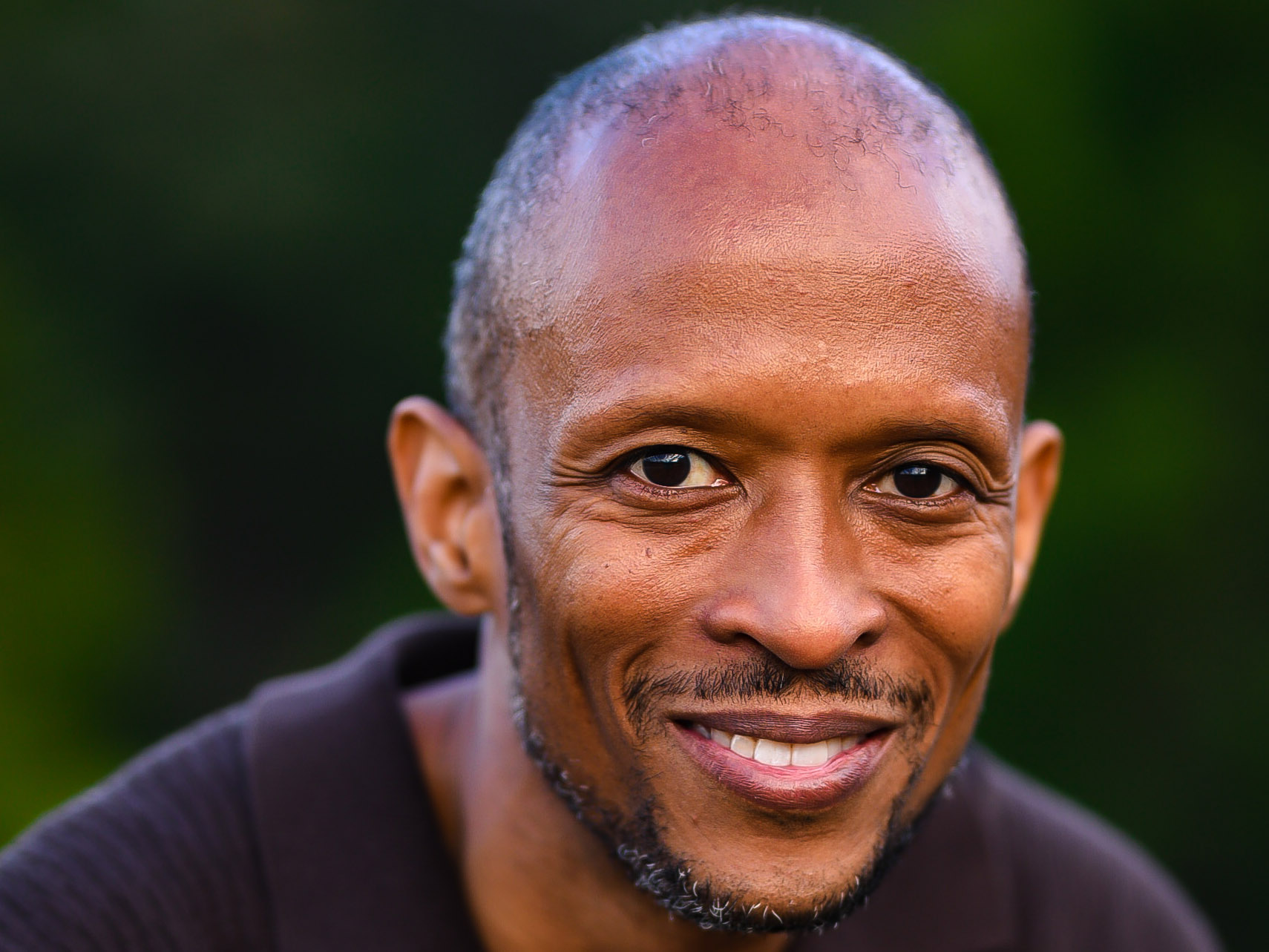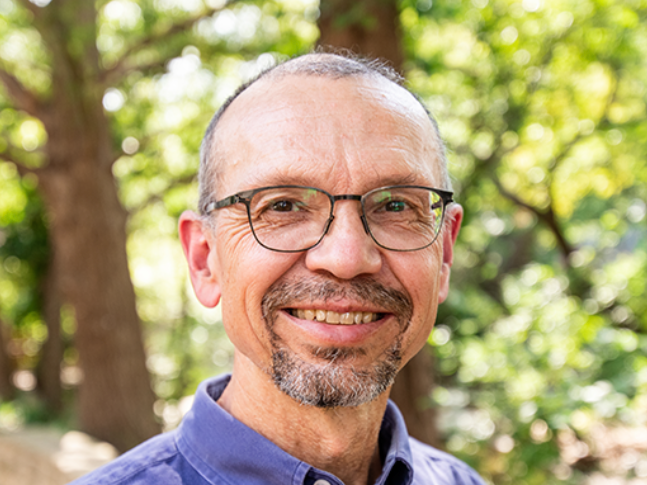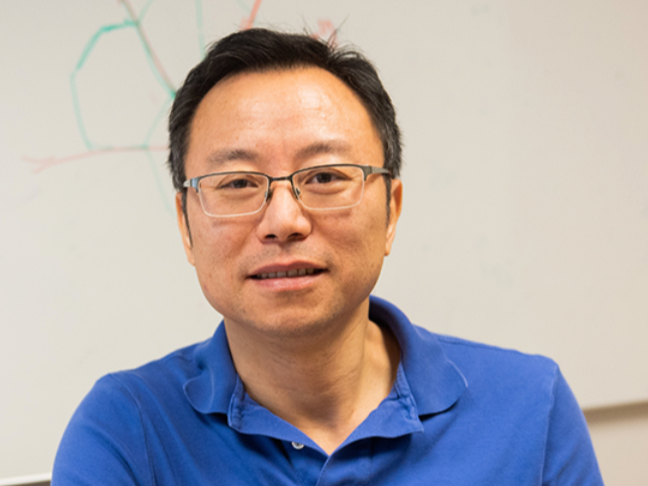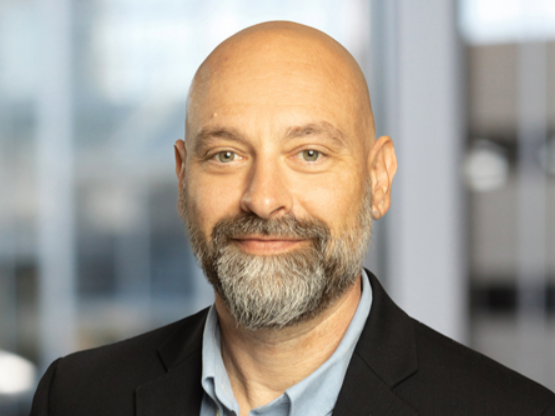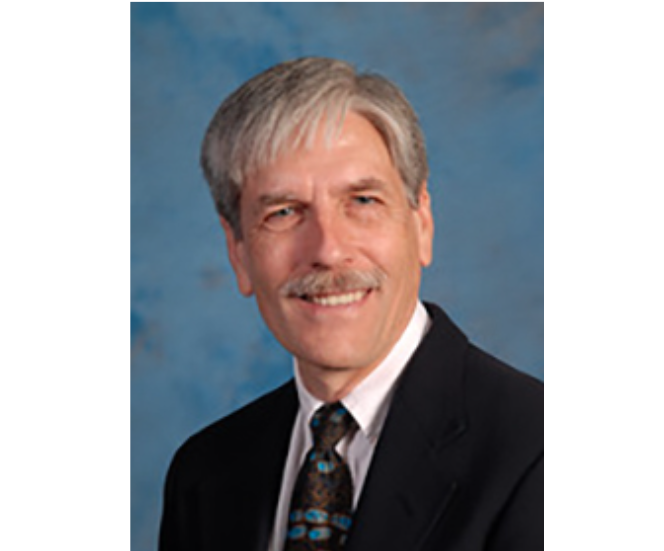FE Exam Prep — Fundamentals of Engineering has a 10+ year history of successfully preparing graduating and recently graduated engineering students, as well as professional engineers, to take the NCEES Fundamentals of Engineering (FE Exam), also referred to as the Engineer-in-Training Exam (EIT).
FE Exam Prep is held on four consecutive Saturdays starting Oct. 4 (8-hours each day), with multiple breaks. The sessions are taught by top instructors from the Cockrell School of Engineering. The synchronous online format (Zoom) allows participants to ask professors detailed questions in real-time. The sessions are recorded so students can review the study sessions and material later.
Faculty will review and explain sample questions and test-taking tips on:
- Electrical Circuits
- Mathematics Part I and Mathematics Part II
- Fluid Mechanics and Chemistry
- Mechanics of Materials
- Statics and Dynamics
- Thermodynamics
- Economics
- Materials Science
- Ethics
Registration will close at 11:59 p.m. CT, Thursday, October 2, 2025.
A credit card must be used at the time of payment. Please contact This email address is being protected from spambots. You need JavaScript enabled to view it. for additional payment methods. If you have any issues with the shopping cart, please email This email address is being protected from spambots. You need JavaScript enabled to view it. for assistance.
| Dates | Time | Location | Price | |
|---|
| Saturdays Oct. 4-25, 2025 |
8 a.m. – 4 p.m. CT |
Live Online |
Student: $280
UT System Student: $200 |
Registration closed.
|
| Saturdays Oct. 4-25, 2025 |
8 a.m. – 4 p.m. CT |
Live Online |
Professional: $450
UT System Alumni and Staff: $370 |
|
Discounts available to UT System students, alumni, & staff. Contact: This email address is being protected from spambots. You need JavaScript enabled to view it..
Agenda
View agenda here.
Survey Highlights from Recent Course Participants
- Great organization of topics and advice on how to navigate the FE Exam.
- Instructors’ presentations, deliveries and ability to answer questions were well-organized and effective.
- Instructors related the subject matter to real-world examples and problems.
- Instructors engaged well with participants and maintained interest.
- The program and material presented was concise and helped to review the basic topics that will be covered in the exam. The study notes given before the scheduled session greatly helped to follow up throughout the class sessions.
- Interactive course with instructors allowed live feedback as they answered questions throughout the different sessions.
Frequently Asked Questions
You are eligible to take the FE exam if you are currently enrolled in and are within two regular semesters of graduating from an approved engineering program.
If you are not an undergraduate student, you must have earned a degree in engineering or related science to take the FE Exam.
The course is delivered over the course of four Saturdays in Oct. 2025:
- Oct. 4, 2025 – 9 a.m. – 5 p.m. CT
- Oct. 11, 2025 – 8 a.m. – 4 p.m. CT
- Oct. 18, 2025 – 8 a.m. – 4 p.m. CT
- Oct. 25, 2025 – 8 a.m. – 4 p.m. CT
Note: There are multiple 15-minute breaks throughout the day, as well as a lunch break.
Classes will be held online via Zoom.
The content covered in this course is best aligned with three of the most taken FE Exam variants+: “Other Disciplines”, “Mechanical”, and “Civil”.
Click here to learn more about how this course’s content aligns with each of the different disciplines in which the FE Exam is offered.
+ Per the 2020 NCEES annual report
This depends on the requirements of the state in which you would like to eventually be licensed. For example, Texas does not require that you take an exam in any given specific discipline. It is suggested that you take the exam that best fits your knowledge and experience.
Contact your state’s Licensing Board to learn more about whether you are required to take the FE Exam in each discipline.
No, attendance is not mandatory. The decision to attend all or only a subset of the subjects is up to you. If you miss a session, you will still receive the training materials for that day and will have access to the recording for an allotted amount of time. We encourage leaving your camera on during class, as that helps the faculty member with teaching when they are able to see students.
You can obtain a FREE copy through the National Council of Examiners for Engineering and Surveying: https://account.ncees.org/login.
Note that you must register for an account and login to download the handbook.
Passing the FE Exam is your first step to becoming a professional engineer and kickstarting your career. While you will be able to use the NCEES handbook as a reference during the exam, you still need to be prepared and familiar with the information as you would any other big assessment. Taking an exam prep helps solidify your knowledge and increases your chances of passing the exam.
This FE Exam Prep is taught by world-class UT engineering faculty. Students can work through problems with instructors and ask questions as needed, which is not typically provided by other prep courses. This refresher course is broken into digestible sections to help optimize students' retention and absorption of the review material. This course also gives students the flexibility to pick and choose which sessions to attend, allowing students to focus on what areas they need to focus on while still receiving information for all sections of the exam. All sessions are recorded and are made available to students for later viewing, allowing them to refer back to the test prep while studying individually.
Email: This email address is being protected from spambots. You need JavaScript enabled to view it. for more information.
Engineering Scientist
UT Austin Applied Research Laboratories
Area(s) of Expertise:
Engineering systems, engineering education, engineering management, and field engineering
Educational Qualifications:
Ph.D., University of South Florida-Tampa, Electrical Engineering–1995
B.S. and M.S.,University of Missouri-Columbia,–Electrical Engineering–1991 and 1993
Technical Interests:
Systems engineering
Professor
Louis T. Yule Fellowship in Engineering
Department Research Areas:
Engine Combustion Processes, Thermal Fluids Systems and Transport Phenomena
Educational Qualifications:
B.S. and M.S. Mechanical Engineering. University of Wisconsin,
Ph.D. in Mechanical and Aerospace Engineering, Princeton University.
Post-doctoral positions at Sandia National Laboratories' Combustion Research Facility and the University of California-Berkeley.
Professor
Bettie Margaret Smith Professorship in Engineering
Area(s) of Expertise:
Solids, Structures and Materials
Education:
B.S. Theoretical and Applied Mechanics, University of Science and Technology of China, 1994
Ph.D., Civil and Environmental Engineering, Princeton University, 2001
Research Interests:
- Nonlinear mechanics of hydrogels and soft materials
- Mechanics of graphene and 2D nanomaterials
- Thermomechanical reliability of advanced packaging for microelectronics
- Mechanical instability of thin films and nanostructures
- Computational mechanics, multiscale modeling and simulations
Professor, Department Associate Chair
T. U. Taylor Professorship in Engineering
Department Research Areas:
Solids, Structures and Materials
Education:
Ph.D.. University of California at Santa Barbara, 1999
Research Interests:
- Mechanics of materials
- Ferroelectrics
- Ferromagnetic shape memory alloys
- Fracture Mechanics
- Continuum thermodynamics
- Computational Mechanics
Associate Chair for Environmental Engineering & Professor
Area(s) of Expertise:
Environmental and Water Resources Engineering
Educational Qualifications:
Ph.D., California Institute of Technology, Environmental Engineering Science, 1980
B.A., Rice University, Environmental Science and Engineering, 1974
Technical Interests:
Aquatic chemistry; contaminant transport; pollutant containment and remediation acid deposition; air pollution modeling
This email address is being protected from spambots. You need JavaScript enabled to view it.


